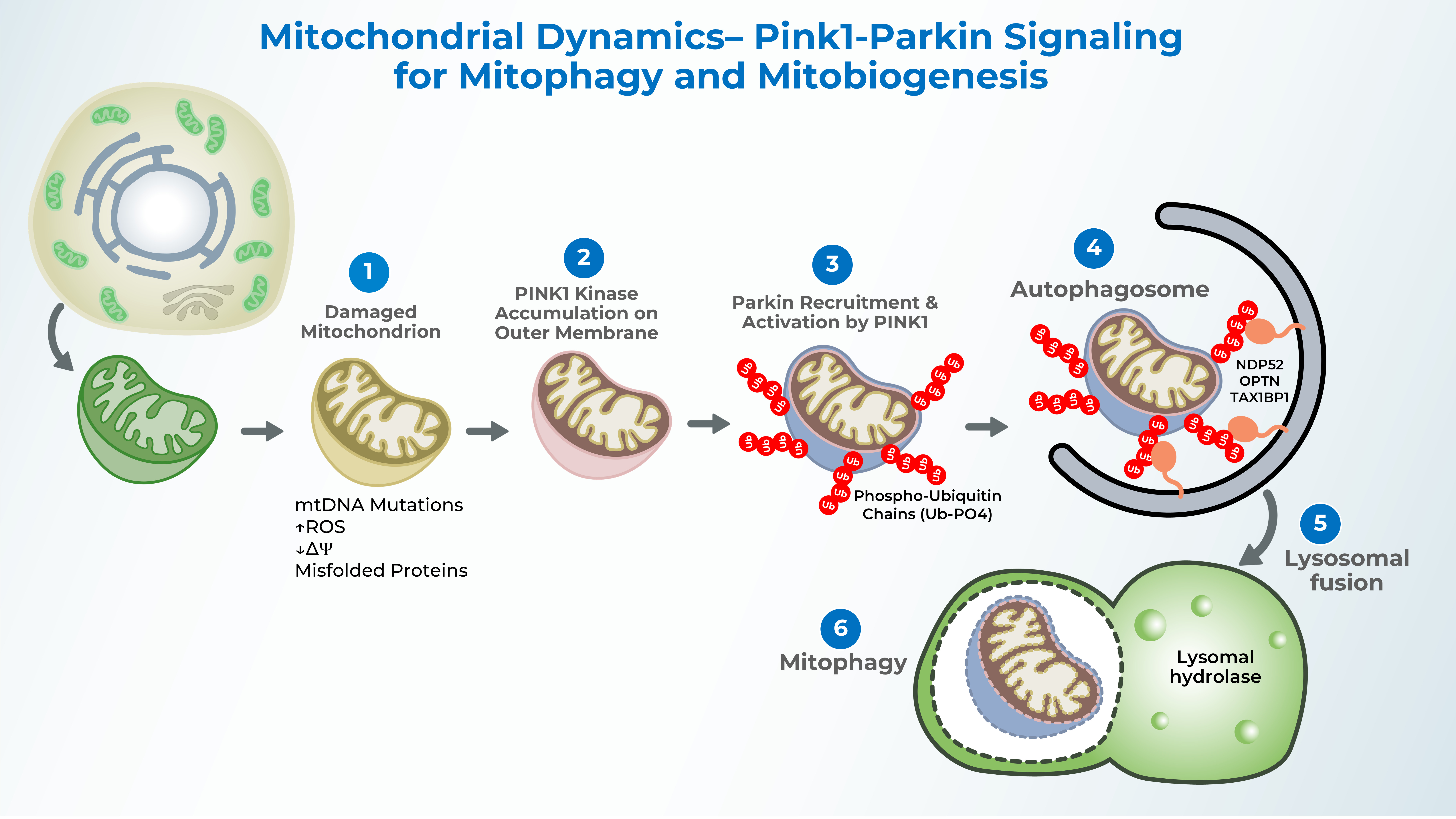[et_pb_section fb_built=”1″ fullwidth=”on” _builder_version=”4.21.0″ _module_preset=”default” locked=”off” global_colors_info=”{}”][et_pb_fullwidth_header title=”Therapeutic Areas” _builder_version=”4.16″ _module_preset=”default” background_color=”rgba(0,0,0,0.54)” background_image=”https://progenra.com/wp-content/uploads/2022/03/therapeutic-focus.jpg” background_blend=”overlay” custom_padding=”140px||100px||false|false” global_colors_info=”{}”][/et_pb_fullwidth_header][/et_pb_section][et_pb_section fb_built=”1″ admin_label=”section” _builder_version=”4.16″ global_colors_info=”{}”][et_pb_row admin_label=”row” _builder_version=”4.16″ background_size=”initial” background_position=”top_left” background_repeat=”repeat” global_colors_info=”{}”][et_pb_column type=”4_4″ _builder_version=”4.16″ custom_padding=”|||” global_colors_info=”{}” custom_padding__hover=”|||”][et_pb_text admin_label=”Text” _builder_version=”4.21.0″ background_size=”initial” background_position=”top_left” background_repeat=”repeat” custom_padding=”||0px|||” inline_fonts=”Abel” global_colors_info=”{}”]
Progenra is focused on small molecule and molecular glue drug discovery; screening of small-molecule libraries and natural product extract collections has yielded potent inhibitors and activators of ubiquitin proteasome system therapeutic targets associated with various diseases including neurodegenerative diseases such as Parkinson’s as Alzheimer’s, metabolic diseases, cardiovascular disease and inflammatory diseases.
Molecular Glues for Neurodegenerative Diseases
Targeting mitophagy and protein aggregation

Figure 1. Various physiological stresses can damage mitochondria. PINK1 kinase acts as a sensor of mitochondrial damage and becomes accumulated on outer membrane of damaged mitochondria. Activated PINK1 helps to recruit Parkin E3 ligase from cytosol to damaged mitochondria. PINK1 phosphorylates and activate Parkin which then ubiquitinates mitochondrial proteins resulting in autophagosome formation and lysosomal clearance of damaged mitochondria. This process is called mitophagy. In addition, PINK1/Parkin pathway promotes mitobiogenesis to restore mitochondrial homeostasis. Defects in mitophagy is known to cause neurodegenerative diseases such as Parkinson’s disease (PD) and mitophagy enhancers are being developed as potential therapeutics for PD.
Dysfunction in the protein and organelle degradation system is believed to underlie most forms of neurodegenerative disease. In Alzheimer’s disease and Parkinson’s disease, protein aggregation, in conjunction with accumulation of defective mitochondria, leads to neuronal death. Mitochondria localized PINK1 kinase in concert with Parkin E3 ligase act as a guardian of mitochondrial quality control. Drugs that activate PINK1/Parkin mediated mitophagy can offer disease modifying therapy in PD. Progenra has developed molecular glue drug candidates with nanomolar potency that promote mitophagy. Molecular glues discovered by Progenra constitute a breakthrough MOA and a novel approach to treating neurodegenerative diseases.

Figure 2. Mitochondrial damage results in stabilization and activation of PINK1 kinase on TOM complex. Activated PINK1 phosphorylates ubiquitin on outer membrane proteins. Parkin E3 ligase binds phospho-ubiquitin and translocate to mitochondria where it is phosphorylated and activated by PINK1. Activated Parkin ubiquitinates multiple outer mitochondrial membrane proteins leading to autophagsome formation and degradation of damaged mitochondria by mitophagy. Small molecule PINK1 activators that potentiate mitophagy and mitobiogenesis could be effective treatment for neurodegenerative diseases such as Parkinson’s Disease with an underlying defect in mitophagy.
Targeted degradation of aggregated Tau proteins
Accumulation of aggregated tau proteins is a hallmark of Alzheimer’s disease and several other neurodegenerative diseases. Tau protein aggregation, in conjunction with mitochondrial dysfunction, leads to neuronal death and neuronal inflammation. Progenra has developed potent molecular glue candidates that promote selective degradation and clearance of pathogenic tau protein aggregates. Molecular glues discovered by Progenra constitute novel approach to treating Alzheimer’s disease.
Inflammatory Diseases
Inflammatory signal pathways are regulated at various points by E3 ligases. Progenra has developed Molecular Glue compounds that show in vivo anti-inflammatory activity in psoriasis and asthma models that is currently in preclinical development. We are also developing novel Molecular Glues (MGs) and PROTACs against proinflammatory target proteins for advancing them as anti-inflammatory agents.
[/et_pb_text][/et_pb_column][/et_pb_row][/et_pb_section]
